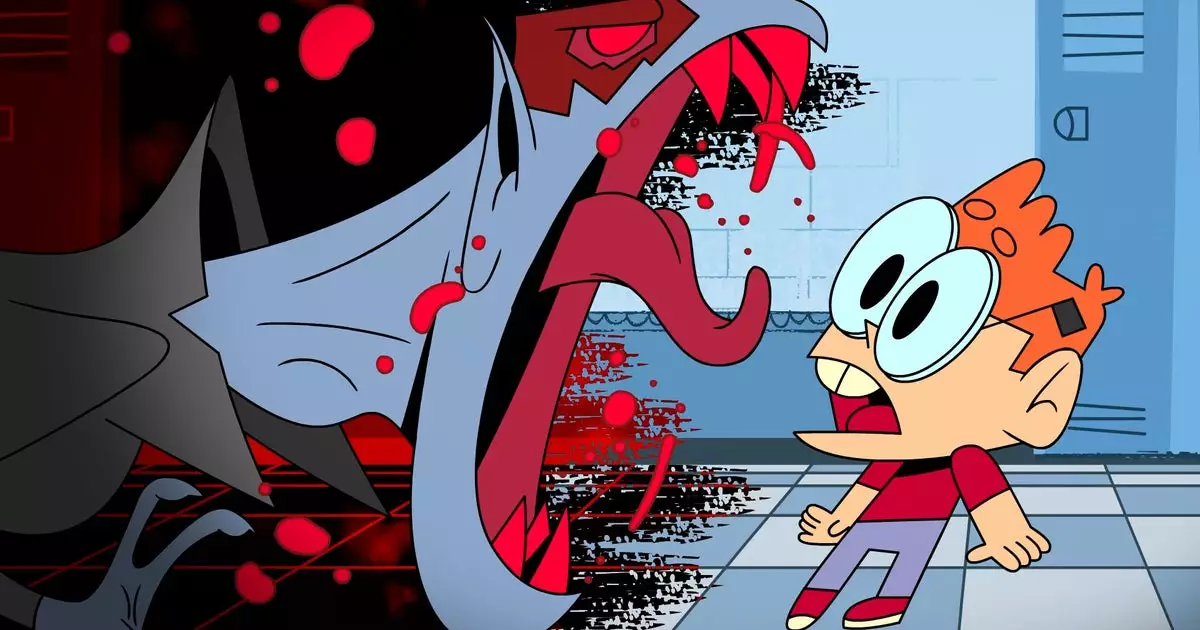The recent news of all 36 employees at Humble Games being laid off has caused quite a stir in the gaming industry. According to business developer Nicola Kwan, the staff were informed early in the morning that “the company is shutting down.” However, Humble Games disputes this claim, stating that they are only “undergoing restructuring.” This conflicting information has led to confusion and speculation about the true nature of the situation.
Former employees of Humble Games have come forward to challenge the company’s official statement. Chris Radley, the former creative lead, boldly stated that this is not simply a restructuring of operations but a total shutdown of Humble Games. Operations have allegedly been handed off to a third-party consultancy, leaving no staff behind. This contradicts the initial narrative presented by the company and raises concerns about the transparency of the decision-making process.
The repercussions of these layoffs go beyond just the company itself. An unnamed employee referred to the claims of “restructuring” as an attempt to “save face.” It has been reported that Humble Games had not secured any projects for the upcoming years, leading to speculation about the financial state of the company. The decision to shut down the publishing label has been described as irrational and detrimental to both indie development and the employees who dedicated their time and energy to the projects.
This is not the first time Humble Games has faced layoffs. Last November, an unspecified number of staff from the publishing arm were let go, marking the second round of layoffs in recent months. The cycle of layoffs has created a sense of instability within the company and the industry as a whole. Senior QA Emilee Kieffer expressed frustration with the volatile nature of the game industry, highlighting the disconnect between the drive for profit and the well-being of the employees.
The collapse of Humble Games raises important questions about the future of indie game publishing. With parent company Ziff Davis making the decision to shut down the publishing label, it sends a concerning message about the challenges faced by indie developers in the industry. The impact of these layoffs extends far beyond just one company, serving as a cautionary tale for the need to prioritize sustainability and transparency in game development.
The layoffs at Humble Games serve as a stark reminder of the harsh realities of the gaming industry. The conflicting narratives, the human cost, and the pattern of instability all point to a larger issue that requires careful reflection and consideration. As we move forward, it is essential to learn from these experiences and strive for a more ethical and sustainable approach to game development.


Leave a Reply